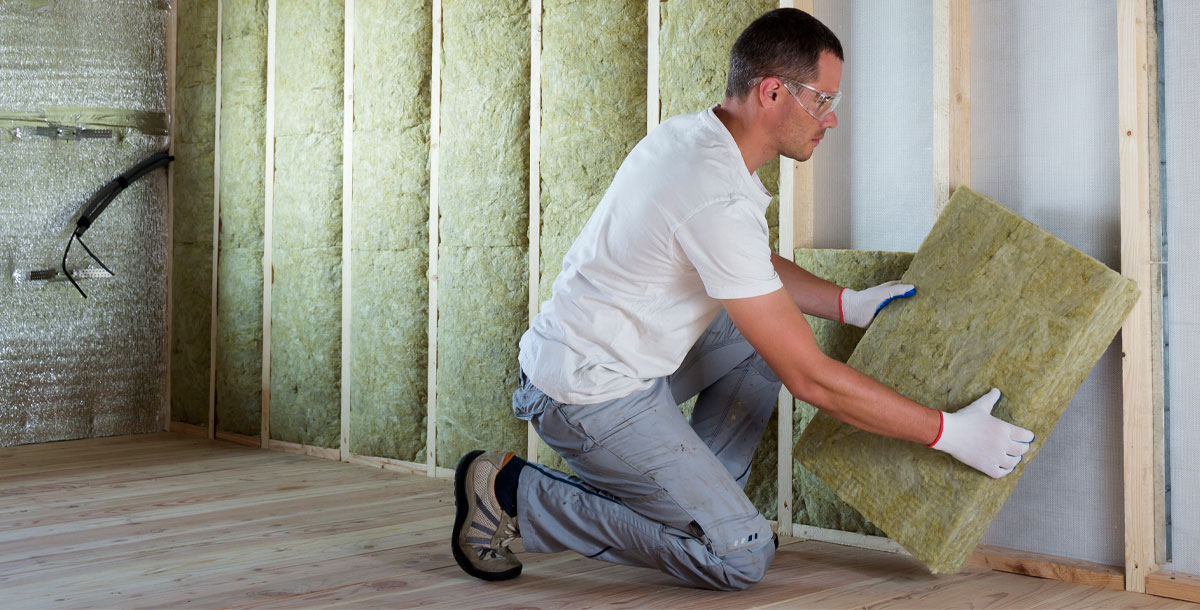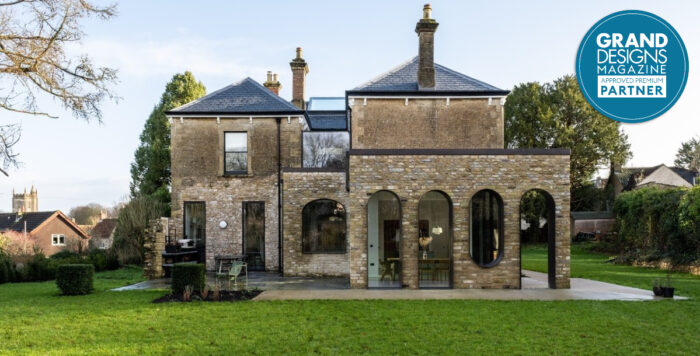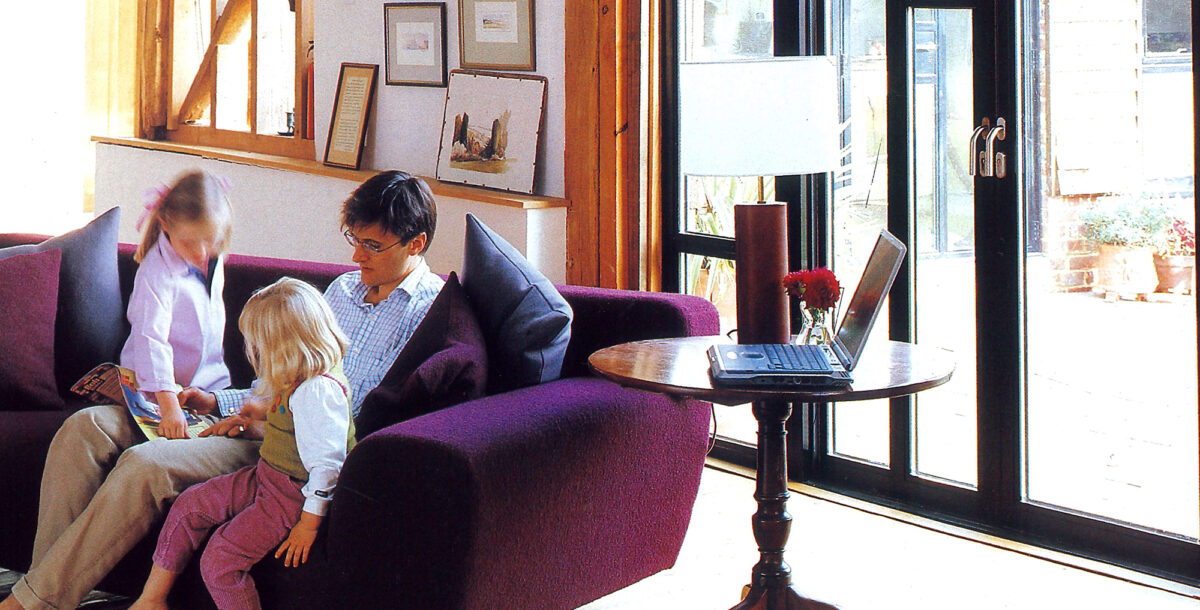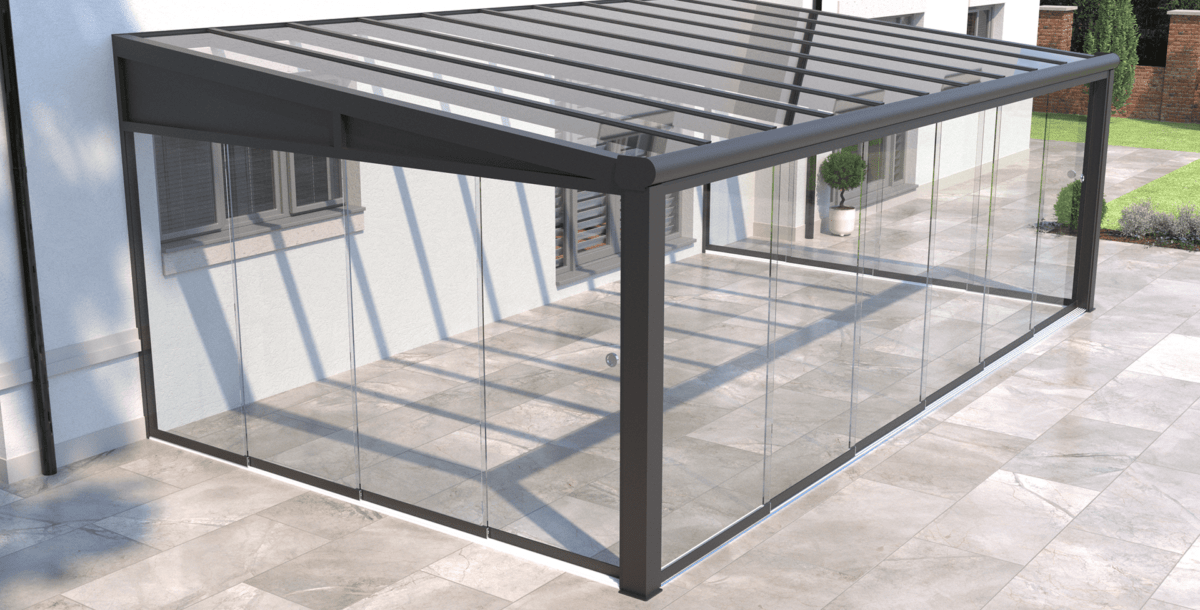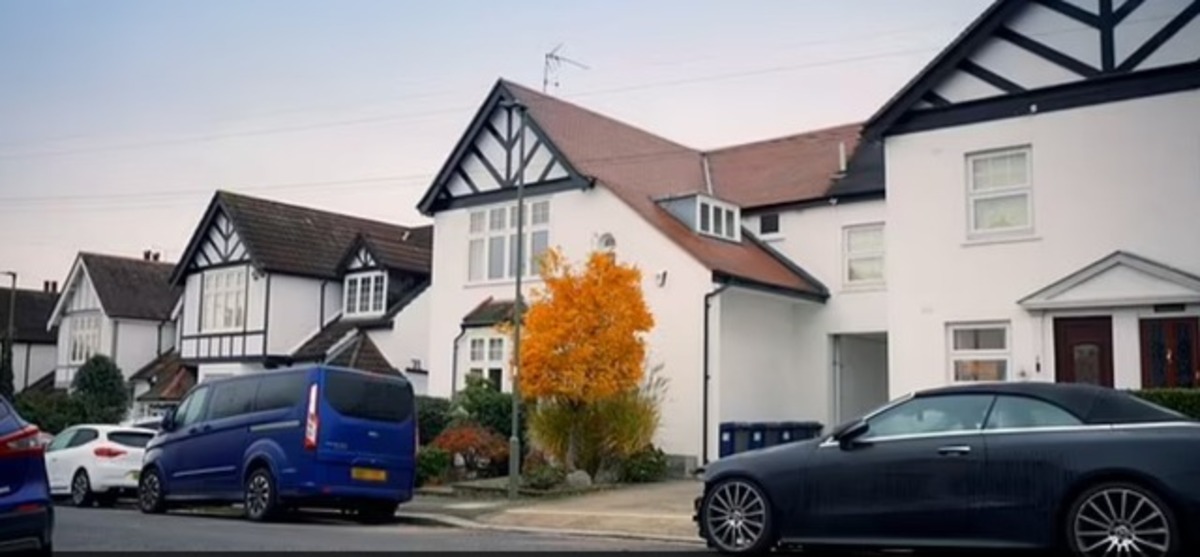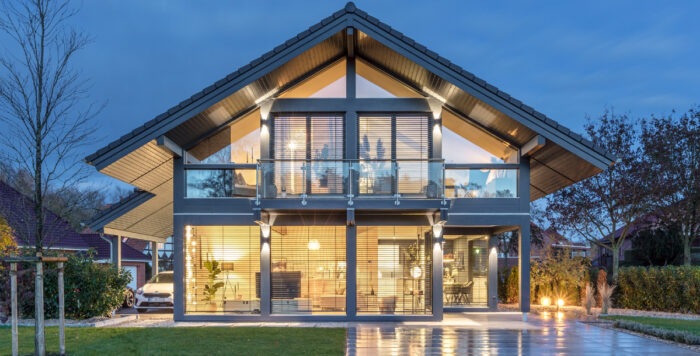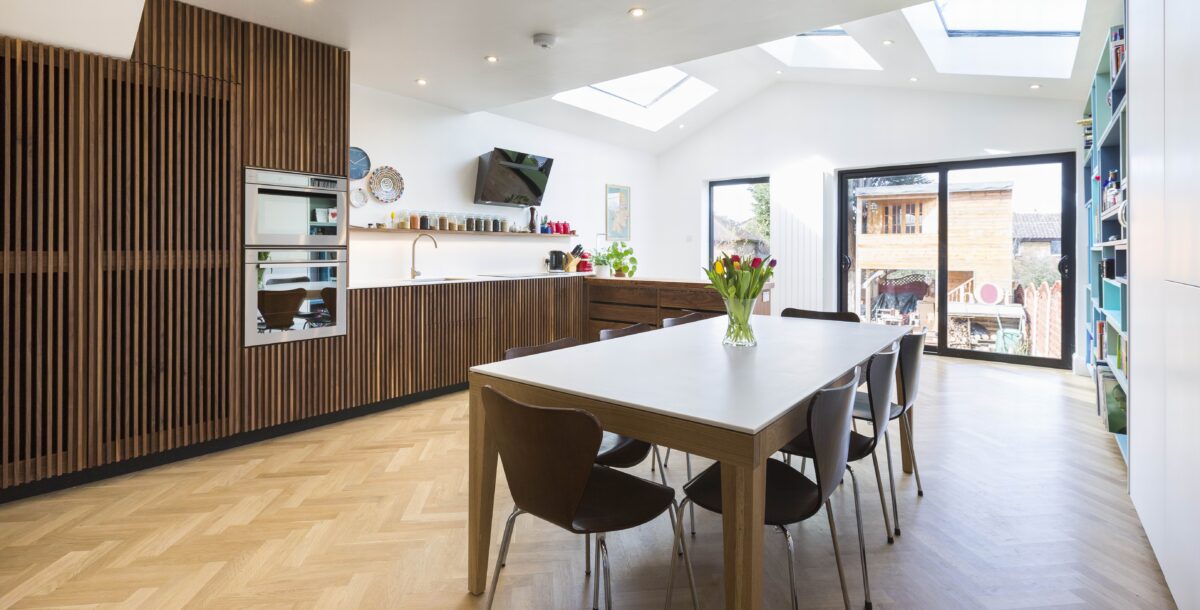The Great Climate Fight – UK homes need to be better insulated
Channel 4's The Great Climate Fight showed that hitting net zero needs a rethink about how our homes are built and updated.
Hugh Fearnley-Whittingstall, Mary Portas and Kevin McCloud teamed up for Channel 4’s The Great Climate Fight, demanding that the government takes more action to reduce the UK’s carbon emissions and speeds up the transfer to sustainable electricity production.
It was a show filled with statistics showing how poorly the UK government has responded. For example, in the last year, France and Germany installed 1,000 wind turbines, while the UK managed just two. This was down to a de facto ban that had been in place since 2015; while this de facto ban has since been lifted, it has meant that this country has missed out on years of investment in clean energy that would also have reduced our reliance on gas and would have kept electricity prices down.
Kevin McCloud looked at why UK houses are so expensive to heat. It is a terrible situation given that the technology and solutions are available to make our homes warmer and more efficient, as other countries, such as Sweden, demonstrate.
More insulation
Visiting a town in Sweden, Kevin found that new houses are built to standards that the UK has chosen not to adopt, and they’re incredibly well insulated to the point that they lose heat three times slower than ours. That means cheaper energy bills and less energy wasted. Requiring house builders to build homes to higher standards would improve energy usage and lower fuel bills for new owners.
Michael Gove’s department (DLUHC) told the show that “all new-builds will be Net Zero ready by 2025, and that they are assessing how the planning system could support a low carbon future”.
It’s not just about new homes, as the UK has an old housing stock. According to the latest statistics, there are 31 million homes that have an EPC rating of D or less, where A is the highest. Bringing these homes up-to-date through modern insulation would make them more energy efficient and able to run on modern, clean heating systems, such as heat pumps.
Until 2012, the government was insulating around 1 million of these homes per year; then, the government at the time cut the current scheme and insulation rates dropped. More recent schemes, such as the Green Homes Grant, have underdelivered. And the recently launched Great British Insulation Scheme is slightly more limited and is, in part, based on a home’s council tax band.
Getting every home in the UK to EPC level C or better would cost an estimated £55bn, which, as Kevin pointed out, is only a little more than the £46bn we spend on gas and electricity each year.
Heat pumps, not gas boilers
Gas boilers are still the primary heat source for new builds and are still the most popular heating source for old homes. Heat pumps can be cheaper to run than gas boilers, particularly in well-insulated homes. And, as heat pumps run on electricity, they have zero emissions and can be run from clean electricity, either from the grid or provided by an alternative source, such as home solar panels.
Requiring new homes to have clean heating would help. Existing homes can get help from the boiler upgrade scheme, which currently offers £7,500 towards a new heat pump. However, for a heat pump to work at its best, homes need to be well-insulated.

